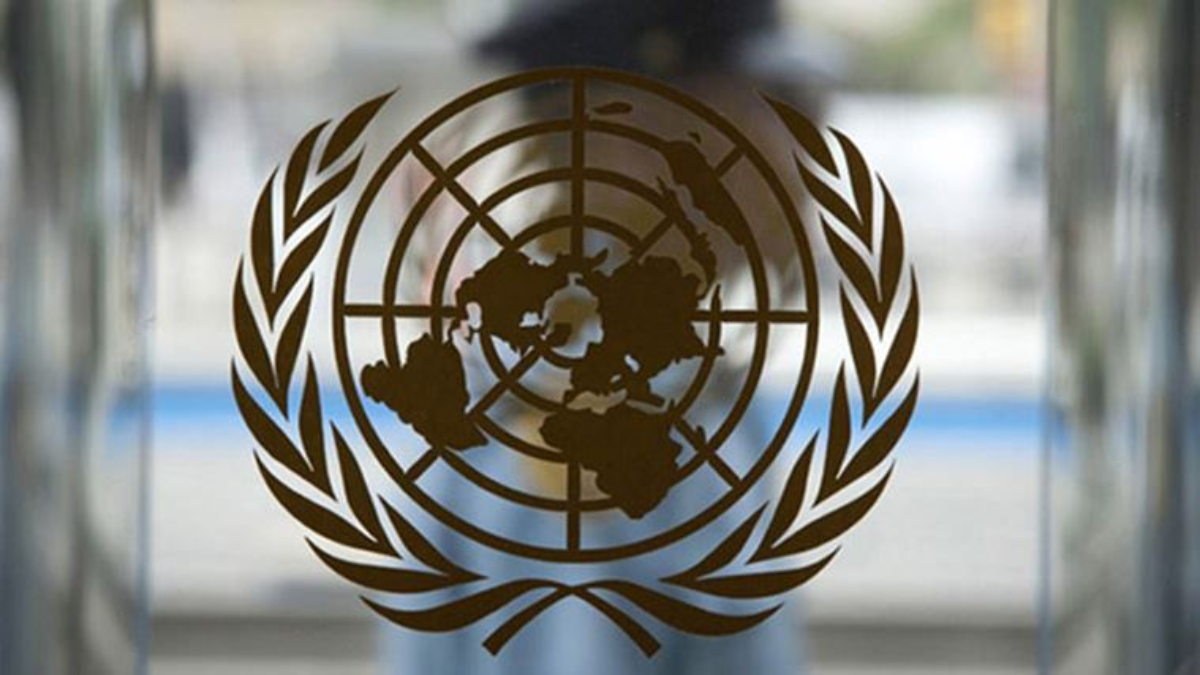










The US State Department played down the authorization of weapon requests to Israel, noting that many of these requests had been made and approved by Congress years ago, According to The Times of Israel,
US State Department spokesperson Matthew Miller fielded questions regarding the recent approval of a significant arms transfer to Israel amid escalating tensions in Gaza and opposition to potential military actions. Miller emphasized that numerous weapons requests had previously received approval from Congress and reiterated the ongoing commitment of $3 billion annually to Israel’s security.
He highlighted the threats posed by Hezbollah, stating, “We’re going to continue to support Israel’s ability to defend itself against those sworn enemies.”
Furthermore, Miller pointed out that Israel’s use of the approved weaponry is based on its security requirements and underscores the need to replenish defense materials for its long-term security.
READ MORE
Cut The Queue: Biden Directs US Envoy To Slash Visa Wait Time in India
“Israel is in an armed conflict and is expending a great deal of defence material and some of that needs to be replenished for Israel’s long-term security,” Miller said.
Recent authorizations encompass a considerable stockpile of munitions, including more than 1,800 MK84 2,000-pound bombs and 500 MK82 500-pound bombs, according to Pentagon and State Department officials knowledgeable about the situation. The approval of such substantial weaponry draws attention, especially in light of the deadly track record of the 2,000-pound bombs in past Israeli military operations in Gaza, which have led to widespread casualties, as reported by media sources.
The deadlock underscores the intricate dynamic of US-Israel relations, where differences arise regarding the management of the conflict. While the Biden administration endeavors to collaborate with Israeli officials to reduce the violence, disagreements have arisen over the decision not to veto a United Nations Security Council resolution urging a temporary ceasefire, which Israel views as undermining its stance.
Despite diplomatic strains, the Biden administration stays dedicated to facilitating humanitarian aid to alleviate the severe conditions in Gaza. Nevertheless, logistical obstacles and Israeli limitations on aid shipments have impeded efforts to effectively address the humanitarian emergency.
The Biden administration grapples with the challenge of balancing support for Israel’s security with humanitarian obligations and civilian welfare concerns amid the conflict. This delicate balancing act highlights the broader complexities of US foreign policy in the Middle East, where geopolitical interests intersect with moral imperatives.
ALSO READ
IPL 2024, “Mumbai Indians BEHAVE” Trends On Social Media, Know Why









